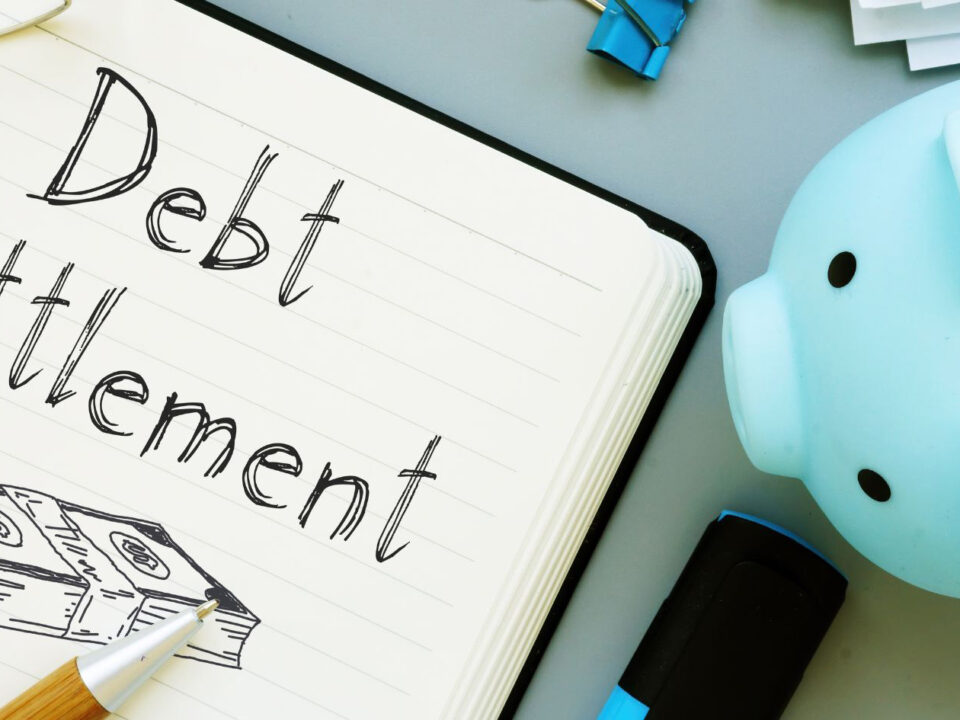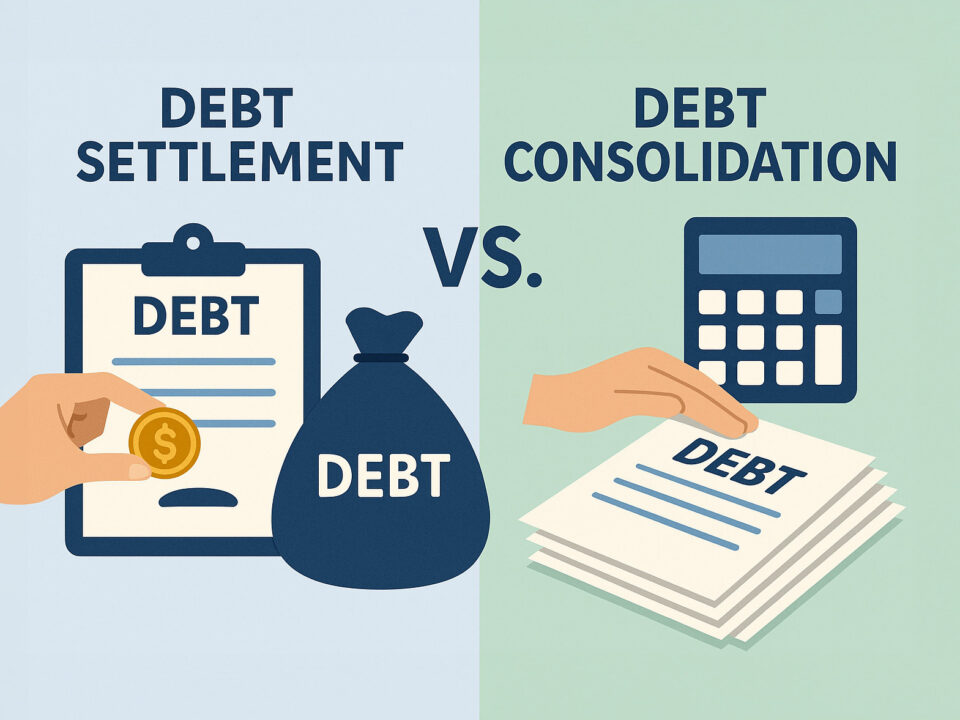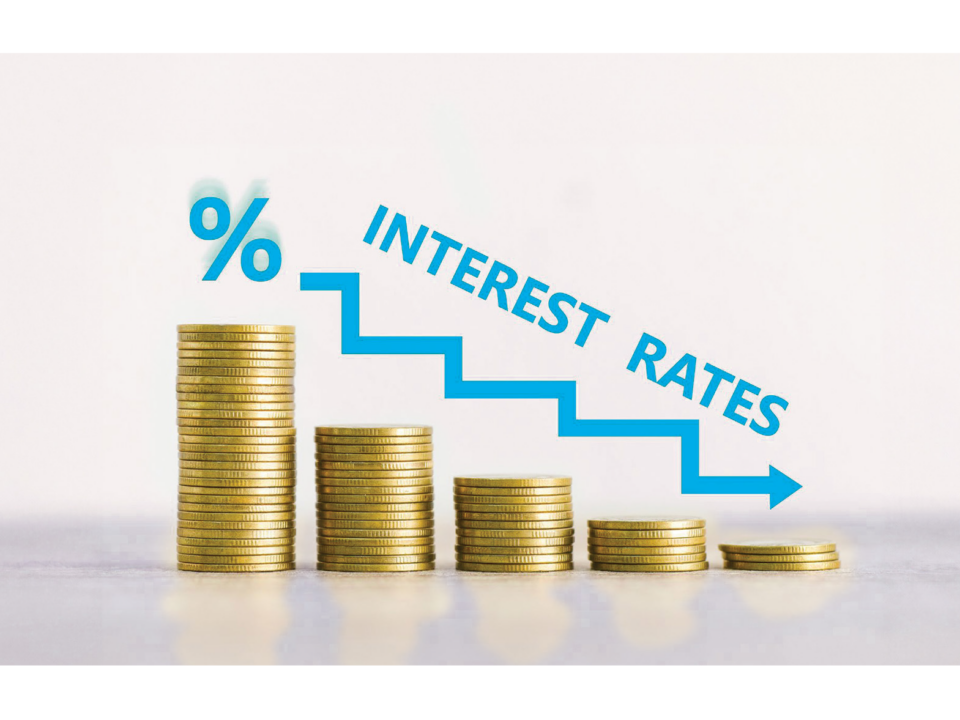
Paying off all your debts can be a daunting, time-consuming task, and being in this financial situation is exhausting with all the high interest that comes from your debts. It may seem like there’s no light at the end of the tunnel because of the tremendous amount of money you owe.
If you’ve decided to start paying off your debts, you have probably encountered the terms debt consolidation and credit card refinancing already. However, for those who haven’t heard of these two terms yet, here is what debt consolidation and credit card refinancing are.

Choosing Between Debt Consolidation and Credit Card Refinancing
Debt consolidation is the umbrella term for the process of taking a personal loan to pay off your debts, which can save you money on interest payments and simplify the payment process. On the other hand, credit card refinancing is the process of paying off your credit card debt using another credit card with a higher limit.
While these two methods serve the same purpose of paying off debt, they go about it in completely different ways. The terms may often be used interchangeably, but here are the important differences:
- Refinancing credit cards means optimizing your existing debt by transferring the balance to a different credit card with lower interest rates and a lighter repayment term. Typically, it has a grace period of a year to a year and a half.
- A debt consolidation loan is what you call the process of refinancing credit cards by transferring your balance to a loan obtained from a bank or other lender so you can easily make monthly payments to pay off your debts.
To understand these terms better, let’s take a closer look.
What is Debt Consolidation?
As previously mentioned, debt consolidation is the process of transferring all your balance to a loan instead of a credit card so that you will have an easier time meeting the monthly payment it entails. This method of paying off your debt may seem intimidating at first, but it offers a fixed payment within your budget, a lower interest rate, and a set pay-off date.
If you have multiple debts with high interest rates, credit card refinancing can be more expensive than debt consolidation.
If you are interested in using this method to pay off your debt, you will need to take a personal loan. If you have many different debts, this option makes repayment much simpler because you will only have one monthly payment to think about.
Of course, it means having a credit card with so high of a limit, but that shouldn’t entice you to keep spending. It should, instead, motivate you to pay off your debt so you wouldn’t have too much of a responsibility.
Personal loans by companies and credit card companies alike offer you a fixed interest rate. So, it wouldn’t be too much as compared to when you have multiple debts with fluctuating interest rates for each of them. Aside from that, it has fixed monthly payments in a given time, so paying off your debt will, hopefully, become easier for you.
Pros
- Easy monitoring and allocation of income to pay off your debt.
- Fixed monthly payments and fixed interest rates.
- A smaller consolidated payment as compared to individual payments before with different fluctuating high interest rates.
Cons
- If you get a home equity loan for debt consolidation, you put your house up for risk if you miss a payment.
- Your credit score might drop because of the debt settlement plan that you opted for.
- There are extra fees that you have to pay for. However, when added to the fee you have to pay monthly, a consolidated payment is much better.
Need help? Try checking online calculators that are of interest to you.
Credit Card Minimum Payment Calculator

What is Credit Card Refinancing?
Apart from debt consolidation, another method for paying off your debt is credit card refinancing. It is the process of transferring your credit card balances into a different credit card that has a lower interest rate.
Hopefully, this way, it will be easier for you to pay off your debt. Unlike debt consolidation, it does not offer a fixed monthly payment.
Unlike debt consolidation in which you need to take out a personal loan, credit card refinancing means transferring all your loan into one credit card with a low annual percentage rate (APR). This may not work for everyone else, so there’s another option, too, a home equity loan.
However, at this point, the house is collateral, so that means it is dangerous since a missed payment can equate to a loss of home in the long run. Regardless, these are more manageable options than trying to repay multiple debts with high interest rates.
Although it does not offer a fixed monthly rate with fixed interest rates, this is an alternative for those who cannot manage debt consolidation. However, it will be harder to plan for your monthly payments because they can fluctuate.
If you would like to determine the minimum payment of your credit card, you may use this calculator. To help you weigh your options better, here are the pros and cons of debt consolidation.
Pros
- It allows you to move around your debts into a credit card that has little to no interest fees.
- It gives you the chance to pay less by minimizing the chances of acquiring additional payments for the high interest rate.
- It minimally affects your credit score. Although there will be a dip at some point, your credit score will not be affected that much so long as you are consistent with your payments.
Cons
- Your existing debt can be a reason for you to be disqualified upon applying to credit card companies for credit card refinancing.
- You may or may not be tempted to keep spending with no interest rates should you be qualified for a credit card with a 0% interest rate.
- You can probably pay a high transfer fee when you transfer your balance from one card to the other. It may come as a hassle to you when budgeting.
We’ve helped many people, just like you! What we offer;
Which Should You Choose?
You should choose how you would want to go about your debt, depending on your risk appetite. If you are capable, you can opt for debt consolidation. But, if you are conservative with your money and with your overall expenses, you should most likely opt for credit card refinancing.
What you should choose depends on your needs and the risk you can take on, so the first thing you need to know is your capability in paying off your debt and how long you can pay it off. Prudent Financial Solutions provide a consultative and tailored approach to help people burdened with debt by providing financial solutions that are prudent and aligned with their financial goals.
Contact us today to (877) 612-3246 learn more about the best option for your financial needs.
Hear from our clients, what they think of us! Client Reviews.

Michael is the Chief Revenue Officer and co-founder of Prudent Financial Solutions. Michael’s career in the FinTech space began in 2015 as a Financial Consultant at Strategic Financial Solutions. Michael quickly became a top producer in the organization. He served as a member of the internal advisory board that helped streamline processes and drive organizational change. He later joined Premium Merchant Funding, an alternative lending firm that specialized in small and medium business financing. Michael served as Managing Director of G&G Funding, where he managed a full sales team and was responsible for driving revenue. Michael graduated from Providence College with a Bachelors of Science in Finance and Accounting.



